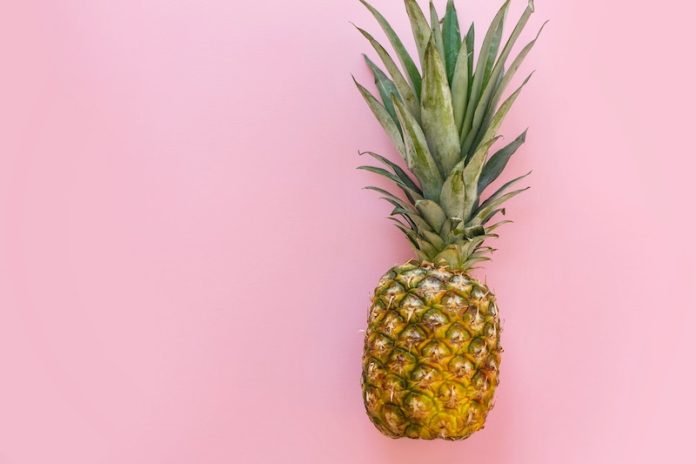
Researchers have developed an innovative method to upcycle pineapple leaves for fat absorption, a global first.
The unique approach involves consuming a capsule or cracker made from pineapple leaf fibers to facilitate weight loss, a solution that could be significantly cheaper than current fat burners.
The research, led by Duong Hai-Minh, an Associate Professor in the Department of Mechanical Engineering at the NUS College of Design and Engineering, utilizes the excellent mechanical properties of pineapple leaf fibers for fat absorption.
This application contributes to reducing agricultural waste and enhancing farmers’ profits.
Pineapple leaves, usually discarded post-harvest, are natural, biodegradable, biocompatible, inexpensive, and readily available.
The team suggests that this waste reduction method could also be applicable to other types of cellulose fibers, including sugarcane bagasse and coffee grounds.
Consuming high-fat foods often leads to elevated cholesterol levels, associated with severe health conditions like high blood pressure, heart attacks, and cancer.
In Singapore, for instance, a significant percentage of residents aged 18 to 74 have high blood pressure and high cholesterol.
Therefore, a low-fat diet and proper weight loss could potentially reduce cardiovascular disease risks.
The global market for weight loss supplements was valued at $33.4 billion (USD) in 2020, and it is expected to grow by 16.6% annually from 2021 to 2028.
However, there’s a lack of scientific evidence supporting the effectiveness of commonly used fat-trapping supplements like chitosan, chromium picolinate, conjugated linoleum acid (CLA), and green tea extract.
These supplements are often expensive, making pineapple leaf fiber-based fat trappers a cost-effective alternative.
These fat trappers, which can be ingested as capsules or crackers, absorb fatty compounds, forming fat-coated fiber lumps that are eventually excreted from the digestive system within one to three days.
Lab tests simulating human digestive conditions revealed that one gram of pineapple leaf fibers can absorb 45.1 grams of cooked fats and 20.4 grams of human fats.
Based on these results, less than one capsule of pineapple leaf fibers would be sufficient to absorb the saturated fats from one hamburger.
The research team has filed a patent for this novel use of pineapple leaf fibers and is currently seeking commercial partners for technology commercialization.
If you care about weight loss, please read studies that avocado could help you lose weight and belly fat, and a keto diet for weight loss can cause flu-like symptoms.
For more information about nutrition, please see recent studies about unhealthy plant-based diets linked to metabolic syndrome, and these antioxidants could help reduce dementia risk.
Copyright © 2023 Knowridge Science Report. All rights reserved.



